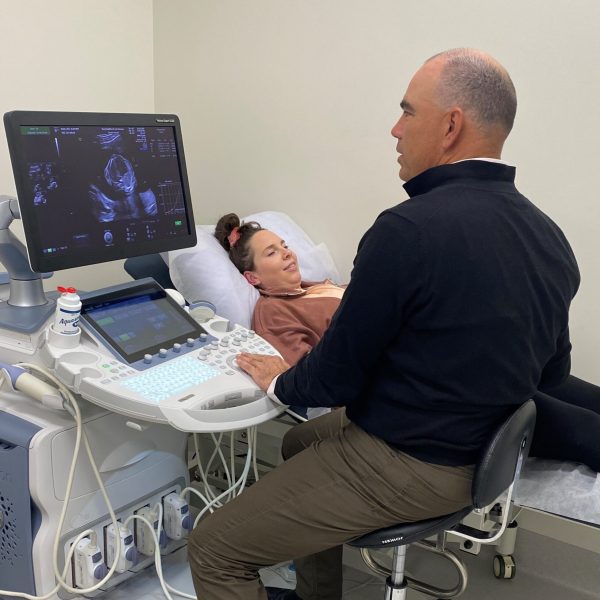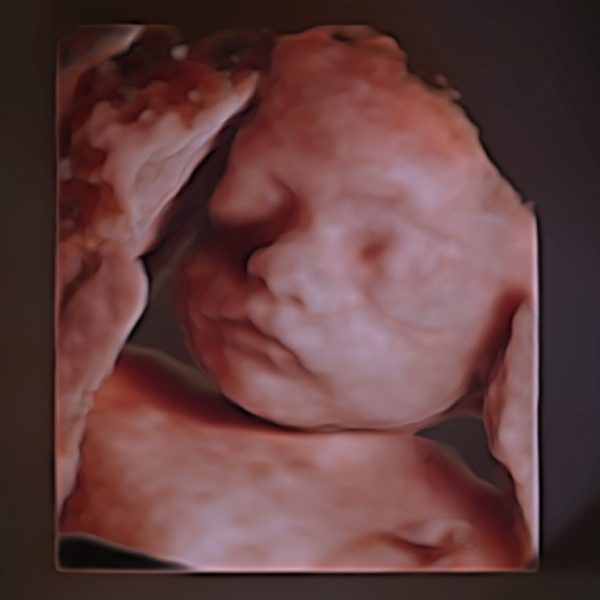We provide specialised women’s health & fetal ultrasound services via our experienced women’s health and obstetric sonographer, Simone Francis, and Dr Carl Henman, obstetric GP and fetal sonologist. Dr Henman performs and/or reports on your scans and communicates the results with your referrer, allowing high-quality point of care support.
If the unfortunate situation should arise where your pregnancy is regarded as high-risk, or your baby is suspected of having an abnormality, Dr Henman has established relationships with multiple tertiary fetal medicine units. Hence you can keep a local presence in your journey even if you are referred to a larger centre for further management.


Ultrasound services provided or reported by Dr Henman include:
A current referral is required, and medicare rebates may be applicable.



We acknowledge Aboriginal and Torres Strait Islander peoples as the First Australians and Traditional Custodians of the lands where we live, learn and work.
Copyright Nova HEALTH CO | Website by Quill